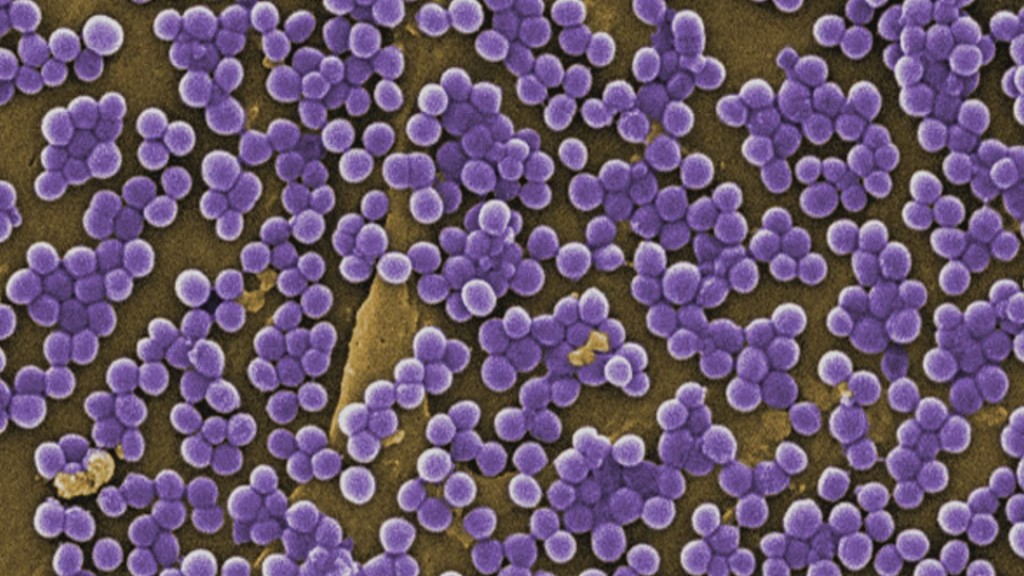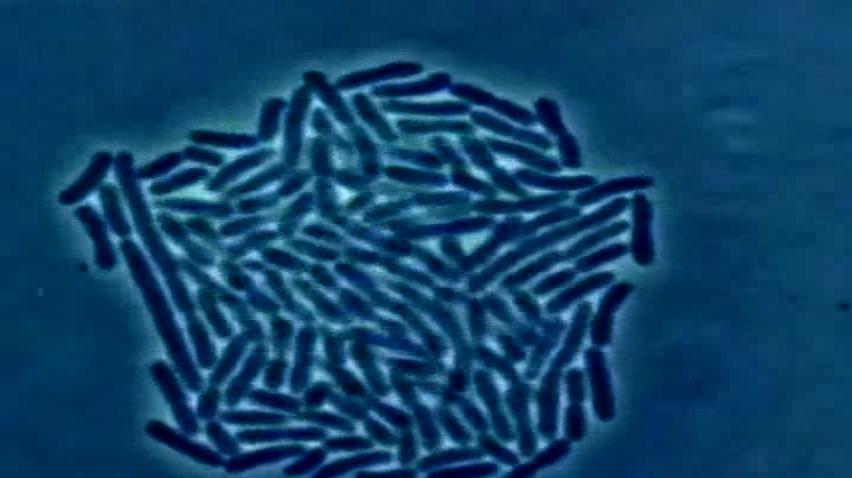Superbugs Killing Thousands of Newborns in India

December 4, 2014
Share
More than 58,000 babies died in India last year of bacterial infections that are stubbornly resistant to antibiotics, and the growing strength of these superbugs may make them a threat worldwide, according to a new study.
The deaths are among the more than 800,000 newborn fatalities each year in India — enough to account for one-third of all newborn deaths worldwide.
Also read: Can E. Coli in Supermarket Meats Cause UTIs?
“Reducing newborn deaths in India is one of the most important public health priorities in the world,” Dr. Vinod Paul, chief of pediatrics at the All India Institute of Medical Sciences and the leader of the study, told The New York Times. “But if resistant infections keep growing, that progress could slow, stop or even reverse itself. And that would be a disaster for not only India but the entire world.”
In fact, the world is heading towards a time when common infections will increasingly kill because drugs are no longer effective against them, according to a World Health Organization report released earlier this year.
Bacteria naturally evolve to resist drugs, but speeding their evolution is the use and misuse of antibiotics in humans and animals, including in medical treatment and on farms.
Also read: Senators Ask FDA to Track Antibiotics Use on Farms
In the U.S., more than 20,000 people die from such infections each year, up to 2 million get sick from them and dealing with the crisis costs an estimated $21 billion to $34 billion a year.
FRONTLINE’s Hunting the Nightmare Bacteria explored how these superbugs are now spreading in frightening ways with alarming speed, both across the globe and inside hospitals, including the National Institutes of Health Clinical Center, one of the nation’s most prestigious research hospitals.
Earlier this year, the Centers for Disease Control and Prevention reported 44 infections of a bacteria strain known as carbapenem-resistant enterobacteriaceae, or CRE, at a hospital in Illinois. It was the largest outbreak of the strain in the U.S. on record.
You can watch Hunting the Nightmare Bacteria here:
Latest Documentaries
Related Stories
Related Stories
Explore
Policies
Teacher Center
Funding for FRONTLINE is provided through the support of PBS viewers and by the Corporation for Public Broadcasting, with major support from Ford Foundation. Additional funding is provided the Abrams Foundation, Park Foundation, John D. and Catherine T. MacArthur Foundation, Heising-Simons Foundation, and the FRONTLINE Trust, with major support from Jon and Jo Ann Hagler on behalf of the Jon L. Hagler Foundation, and additional support from Koo and Patricia Yuen. FRONTLINE is a registered trademark of WGBH Educational Foundation. Web Site Copyright ©1995-2025 WGBH Educational Foundation. PBS is a 501(c)(3) not-for-profit organization.





















